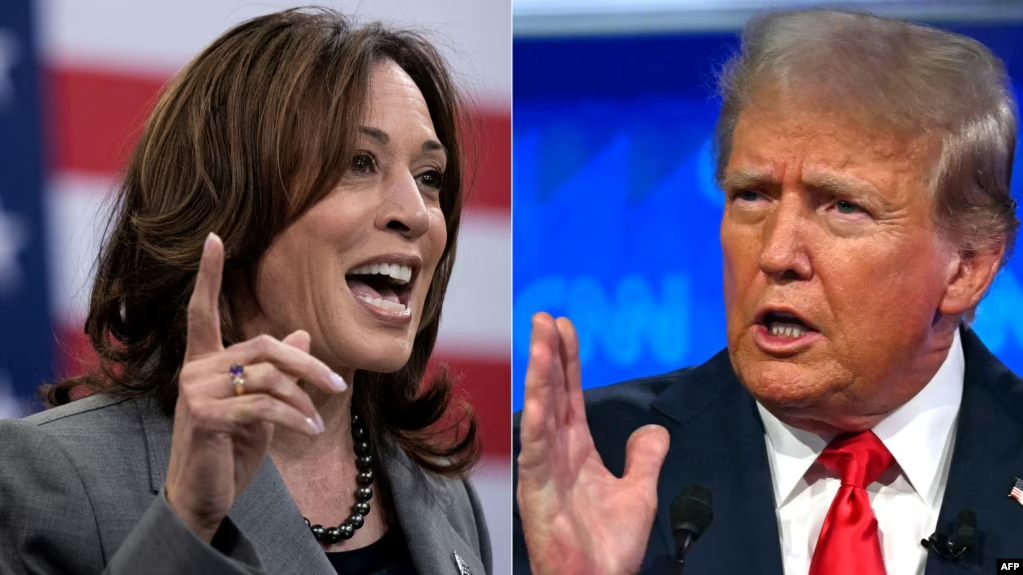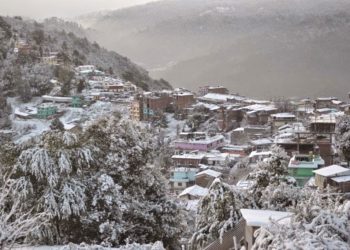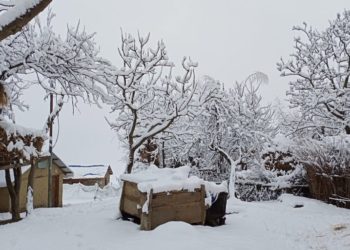WASHINGTON DC: The stage is set for what could be the pivotal moment in the campaign leading up to the November 5 U.S. presidential election – Tuesday night’s debate between Democratic Vice President Kamala Harris and Republican former President Donald Trump.
The two candidates have never met each other or even talked on the phone, but on Tuesday they will be standing a short distance from each other behind lecterns at the National Constitution Center in Philadelphia.
They are set to trade barbs with each other for 90 minutes while answering questions posed by two ABC News anchors, David Muir and Linsey Davis.
Tens of millions of Americans are likely to watch the encounter between the two presidential candidates in what could be the only debate of the campaign.
The event takes place eight weeks before the official Election Day but only days ahead of when early voting starts in some of the country’s 50 states.
National polling shows the contest to be close, making it all the more crucial for both candidates to make their best case in the debate for the small number of voters who haven’t already made up their mind.
At stake, returning Trump to the White House after he lost reelection in 2020 to President Joe Biden or elevating Harris, Biden’s second-in-command.
When Biden dropped his reelection bid in July after a stumbling debate against Trump in late June and endorsed Harris as his successor, Democrats quickly coalesced around her candidacy.
While Biden trailed Trump when he ended his campaign, Harris has edged ahead of Trump in numerous national polls by two or three percentage points.
A New York Times-Siena College poll released Sunday showed Trump with a 48-47% lead nationally even as the newspaper showed Harris ahead in an average of multiple polls in three crucial battleground states, Wisconsin, Michigan and Pennsylvania, with the two candidates tied in four other crucial states, Arizona, Georgia, Nevada and North Carolina.
The seven highly contested states are expected to play an outsized role in determining the outcome of the election because the U.S. does not pick its president and vice president by the national popular vote.
(VOA)









Comment